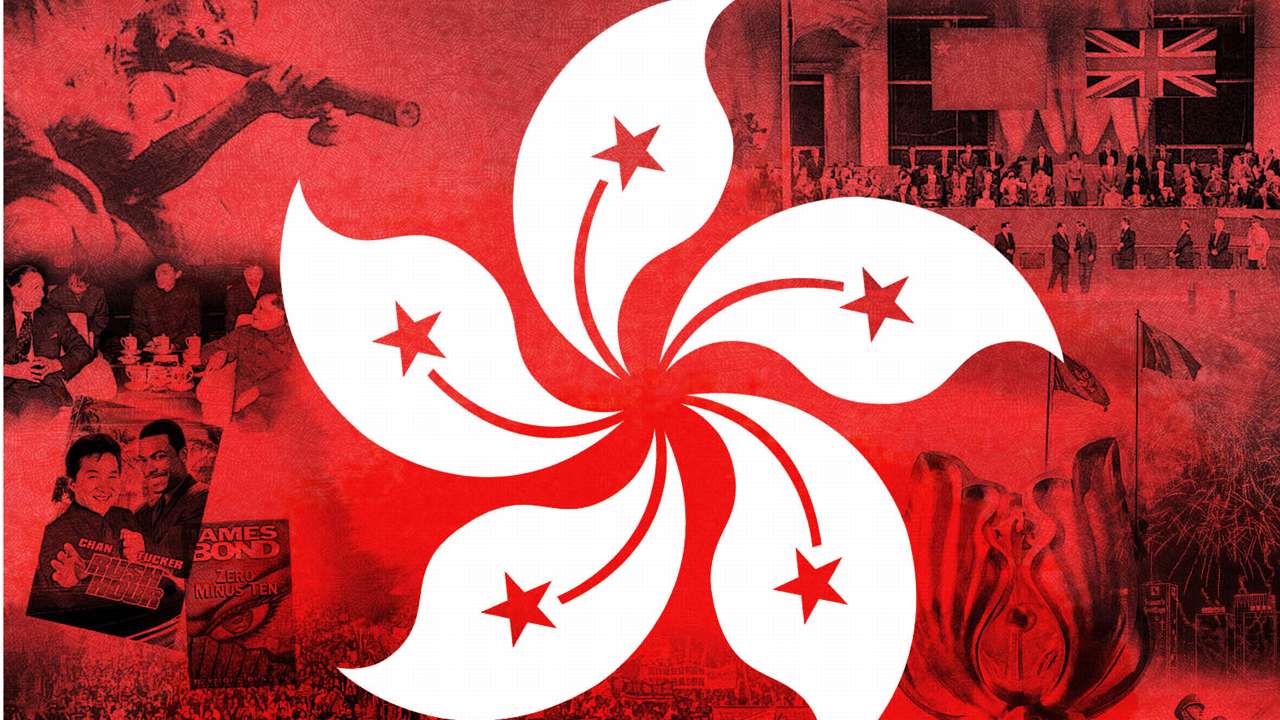On March 5th from 12- 130 pm EST, Professor Minxin Pei, a Chinese politics scholar at Claremont McKenna College, delivered a presentation on his new book The Sentinel State: Surveillance & the Survival of Dictatorship of China. The event was moderated by Professor Lynette Ong, Professor of Political Science jointly appointed at the Department of Political Science and the Munk School of Global Affairs and Public Policy. Professor Pei mainly discussed features and updates to understand the current situation of the Chinese surveillance state.
Professor Pei started by introducing the challenges that Beijing is facing right now. He evaluated Beijing had adopted a Preventive Repression model. Although the model had the benefit of being less costly than hard repression, it still underwent challenges like the “coercive dilemma”, resource constraints, and operational effectiveness. By definition, the “coercive dilemma” refers to a balance between having an effective secret police and avoiding making it too powerful.
Then, Professor Pei illustrated key features of the Chinese surveillance state. There were four features in total: Distributed Surveillance (a de-concentrated and multi-layered surveillance apparatus formed by state agencies, informants, and state-affiliated entities); Top-down coordination (political-legal affairs committees and its reliance on secret police); Lean & mean (a relatively small size of state agencies when compared to the Soviet Union); Well-honed surveillance tactics (The combination of labor-intensive tactics and adoption of technology).
Professor Pei identified the Central Political Legal Affairs Committee (CPLC) as China’s coordinating surveillance bureaucracy. The CPLC met annually to discuss the security agenda, and provincial, municipal, and county PLCs would hold similar meetings. Other than the CPLC, the Ministry of Public Security and the Ministry of State Security were two security agencies. The former was responsible for handling high-priority cases, while the latter one took care of surveillance of the wider public, particularly on university campuses, foreigners and NGOs.
Then, he discussed the CPLC’s spying strategies. The CPLC had three types of spies in total, which were “case spies”, “position control spies” and “intelligence spies”. “Case spies” infiltrated groups and gained access to specific individuals, “position control spies” maintained surveillance of high-value critical public venues, and “intelligence spies” collected generic information. He drew on data showing around 0.73 to 1.13 percent of the population had served as informants.
Professor Pei adopted several Hi-tech tools for mass surveillance starting in 1998. Those Hi-Tech tools were “Skynet”, “Sharp Eyes”, the Social Credit system and grid management. In particular, the 2015 “Sharp Eyes” included newly upgraded sensors to cover urban and rural areas. Finally, he emphasized some important takeaways for the public. One of the takeaways was to pay attention to the drastic increase in the scale of Chinese surveillance. The Chinese government increased surveillance’s effectiveness through reorganizing political priorities, increasing organizational capacity, as well as raising technological capacities. Another takeaway was the race between socioeconomic change and surveillance capacity. He believed China had a strong determination to neutralize liberalisation effects of economic development to maintain its surveillance capabilities.
There was a lively question-and-answer period from the audience (Q&A) after the panel discussion. Some of the highlighted questions included the interaction between the advancement of technologies and the manpower distribution of Chinese surveillance, and the comparison of secret police’s actions between China and the old Soviet Union.
We would like to thank Professor Pei for his brilliant insights, as well as the audience that was in attendance for an engaged Q&A session.
Thomas Yue is a fourth year undergraduate student double majoring in Contemporary Asian Studies and History. His interest includes modernization and decolonization of East Asia. As an event reporter of Synergy this year, he hopes to report intellectual and inspiring events to the broader student community!








